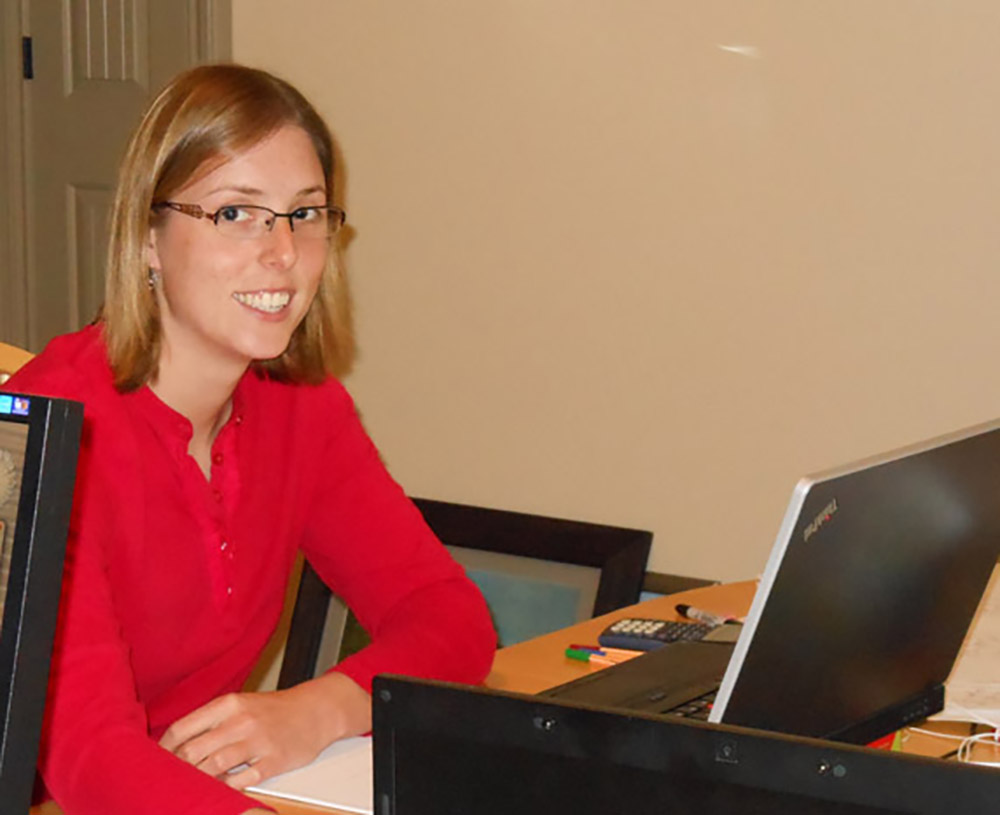After working at Reid Middleton for four years now, I continue to be impressed with the company’s dedication to employee continuing education. There’s a new book study every few months; the most recent was Rain Making by Ford Harding. This book is about developing effective marketing strategies and can be applied to any field of work, especially engineering consulting firms.
As an engineer-in-training, I spend most of my time in the office developing plan sets, designs, and cost estimates. “Marketing” doesn’t usually fit in my job description. I used to assume that those tasks were for the specially-trained marketers in the southwest corner of the office and maybe the group directors on occasion.
I have been fortunate to attend several large professional conferences over the last few years that opened my eyes to the fact that everyone in the office – from drafter to engineer to group director – has an opportunity to market the company. Especially in these tough economic times, I began to realize that work does not materialize out of thin air.
With these thoughts in mind, I eagerly signed up for the book study. We read through the book over the course of a few months with bi-weekly brown-bag discussions. Rather than giving you a blow-by-blow account of the book, I thought it would be more interesting to give you my general impressions.
First, marketing is for everyone. The book stresses this theme throughout. Not only is everyone capable of marketing, but everyone needs to make time for marketing. Whether it’s a couple of hours every week staying in touch with important contacts or spending numerous hours cold-calling, the work has to come from somewhere, and people who are too busy to market themselves will eventually run out of work.
Second, I realized my place in the company and how marketing fits in my position. In a typical consulting firm, the younger employees must have the highest percentage of billable time. We spend our time working on projects while our managers, directors, and administrators manage and find more projects. With this in mind while reading the book, I was able to determine what marketing roles apply to my current situation and what roles I will have in the future.
For example, as a young professional I will not be closing sales with clients. I will not be making cold calls, and I will not be writing articles on advancements in the engineering field. It might be several years before I speak at seminars or conferences. However, there are two definite marketing tactics that I can work on now: building a network and developing a specialty.
Building a Network
The book spends over 80 pages on building a network. Reading through this part of the book I heard many people more senior than me frequently express that they wish they had read this book earlier in their career. That clued me in that this is important to me now. The biggest insight I gained about building a network is that it’s not about sales – it’s about helping people. You are not going to build a network by sounding like a door-to-door vacuum salesman. You build a network by listening to others’ needs and recognizing opportunities to help them. It’s about relationships, not keeping score. Even I wish I had read this book earlier, before I had gone to those conferences! It’s easy to get excited about a potential client and just start rattling off what our company can do for them. However, knowing what their needs are and being sensitive to their position will open a lot more doors.
As a young professional, this is a crucial time in my career to begin the network building process. Attending “young professional” events and getting involved in organizations will allow me to meet people in the same position. If I develop these relationships now, 15-20 years down the road, these people might be directors or CEOs. Building a network is not altogether time consuming either, which is important since we are still trying to bill out as much of our time as possible. Taking opportunities to attend luncheons, seminars, and conferences will pay huge returns along with using social networking sites such as LinkedIn. I was recently encouraged by our marketing department to build up my rather sparse LinkedIn profile. Since then, I have found several friends from college I haven’t seen in years who now work for firms all over the country. Not only is it fun to get back in touch with these people, but it’s opening the door for future business.
Developing a Specialty
The second thing I can do now is to continue to develop a specialty. I am fortunate to be in our roundabout group where we spend the majority, if not all, of our time designing roundabouts. This is a niche practice that is exploding across the United States right now. Learning as much as I can about all aspects of roundabout design will not only make me more marketable in the future, but it also opens doors for other marketing tactics such as writing articles and teaching classes.
I may not have a degree in business or marketing, but reading this book helped me realize that even now, there are things I can be doing to help my company and me become more marketable. I intend to re-read portions of this book every few years as my position and responsibilities change. I highly recommend it to everyone in our industry.


